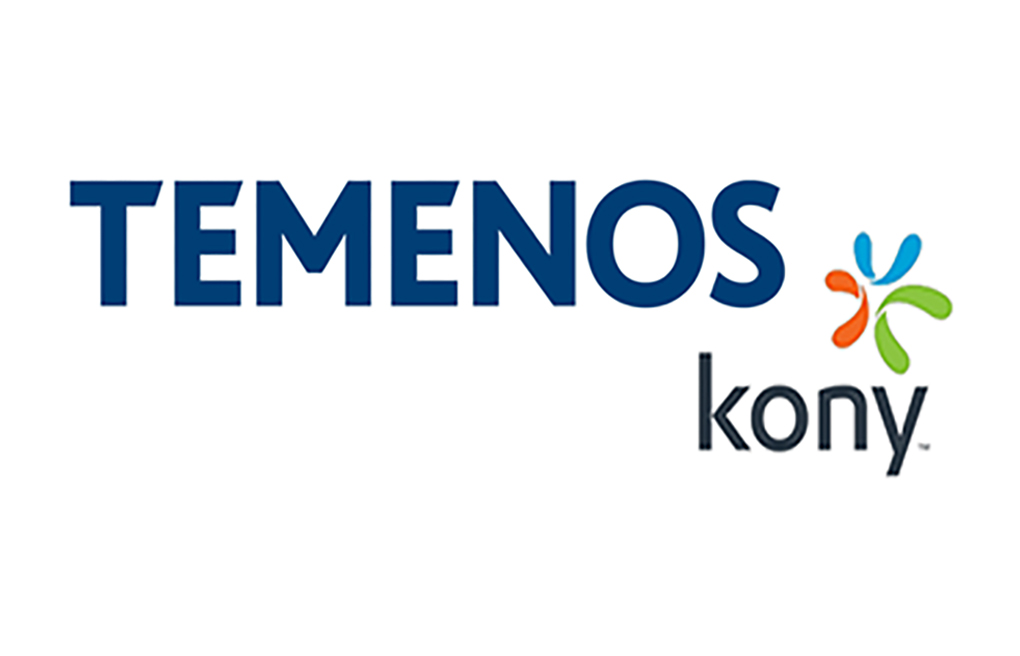

The digital banking market continues a long burn—this time like the smoke of a Texas summer barbecue. Geneva-based banking software company, Temenos, announced the acquisition of Austin, Texas-based digital banking application provider Kony in a deal totaling $580 million. At 5X Kony’s expected 2020 revenues of $115M, based on the industry average of other recent deals in the space the purchase price seems like a decent deal for the Temenos Group.
“So now you can lose those European loafers and wear these [cowboy boots].” Just like that, at Kony’s recent client conference, CEO Tom Hogan symbolically handed Temenos CEO Max Chuard a real kick to Temenos’ sustained U.S. market expansion. The timing of the announcement and due diligence were reportedly rushed to leverage the energy of the conference and communicate with clients face to face immediately after the announcement. From what we could tell from hallway sidebar chats, the timing was both lucky and smart. Kony gets conference-best-practice points for a long list of client-led sessions including Hancock Whitney Bank, Oriental, ORNL FCU, Partners FCU, Umpqua Bank and WSFS.
While growing outside the United States for many years and mopping up on the international core system competition, the U.S. market has been a hard row to hoe for Temenos. After a fizzled out Metavante core partnership in 2007, a second market entry attempt through the 2013 acquisition of Trinovus, and some related false-start T24 community bank core implementations (that later resulted in the sunsetting of Trinovus’ Trinisys core), Temenos finally found a market beachhead in the 2015 acquisition of lending solutions provider Akcelerant and the 2016 T24 core signing of $25 billion asset Commerce Bank in Kansas City.
While the Commerce implementation is still in progress, signings of Varo Bank and PayPal followed as well as the 2018 acquisition of high-end origination provider Avoka. This third U.S. launch effort appears to be on a solid pace. In this round, U.S. Temenos leadership – first Akcelerant founder Jay Mossman and then Akcelerant/FIS/Sanchez veteran Emily Steele – wins points with the Cornerstone team for straight talk and course-correcting to avoid the common international player sin of over-commitment and under-delivery. To its credit, Temenos U.S. has taken a “watch us and see the proof” approach.
Kony has been on an organic growth rocket ride of its own. At a time when banks and credit unions are moving from the known table stakes of transactional digital to more of the unknowns of technology involving growing digitally, Kony was poised with a flexible approach to digital-first banking app development. After lining up a series of regional bank and mid-large credit union signings over the past few years, Kony more recently acquired Umpqua Bank’s Pivotus Ventures to bring on Engage (in Umpqua parlance, formerly known as “BFF” and now “Go To Banking”), another non-transactional means of engagement that channels the mashup of financial services and sales.
Beyond the economics, the Kony deal is a good complementary product fit for Temenos. It is slowly bringing its T24 core into the U.S. market – already well established internationally from the aforementioned growth. While other banks interested in the T24 core are waiting to see how the Commerce Bank implementation goes, the company continues to make inroads through the Infinity suite (which mashes up the artists formerly known as Akcelerant and Avoka), tying together their origination and onboarding capability with process all the way through to collections. Any overlaps between Akcelerant in loan operations and Avoka in sales/origination appear to have been sorted out in the Infinity product line. A solution still to be sorted out are overlaps between Infinity and Kony’s UI/UX data assets. From what we can gather, the intent is to leverage more of Kony’s front-end UI with the customer experience processes that comes from Infinity.
The Kony deal also gives Temenos a leg up on the changing marketplace. This means a stronger digital banking transaction and engagement platform, which is what it had been lacking in the United States. While Temenos has its own digital banking platform tied more historically to T24 deployments, it has been scantly deployed in the United States and, while modern in terms of architecture, it’s pretty bare bones when it comes to the innovation of capabilities.
If the Kony acquisition is similar to Akcelerant and Avoka acquisitions thus far, disruption at Kony should be manageable. Temenos has shown a willingness to support integrations with other core and ancillary systems that are not part of the Temenos family. And, if we’ve seen anything over the years in mashups, it’s the cultural willingness to integrate that is more important than the technical ability to integrate.
For Kony clients, the Temenos deal eliminates the distraction that could have been associated with an IPO and provides a strong, well-capitalized parent.
As good as this deal looks on stage, there are some potential challenges to consider, including:
All these potential challenges notwithstanding, Cornerstone views this deal to be good for Temenos and Kony and – from all early indications and analytics – the banking industry clients of each firm. So we aren’t always negbombers. This is yet another fintech deal to watch.
Shout out to Quintin Sykes for his input to this article.
All the smaller independent providers in the US with front-end digital tech are being scooped by up by larger incumbent vendors with older legacy tech. D3 Technologies bought by NCR, Malauzai bought by Finastra (both are Kony’s competitors). That leaves Q2 Holdings – they are arguably one of the last independent ones left in the US. Will it be acquired next?
Nothing new though, we saw this trend in the past with other technologies that were on the rise at the time, for example, core banking systems a few decades ago.
Great observations, thanks for sharing.